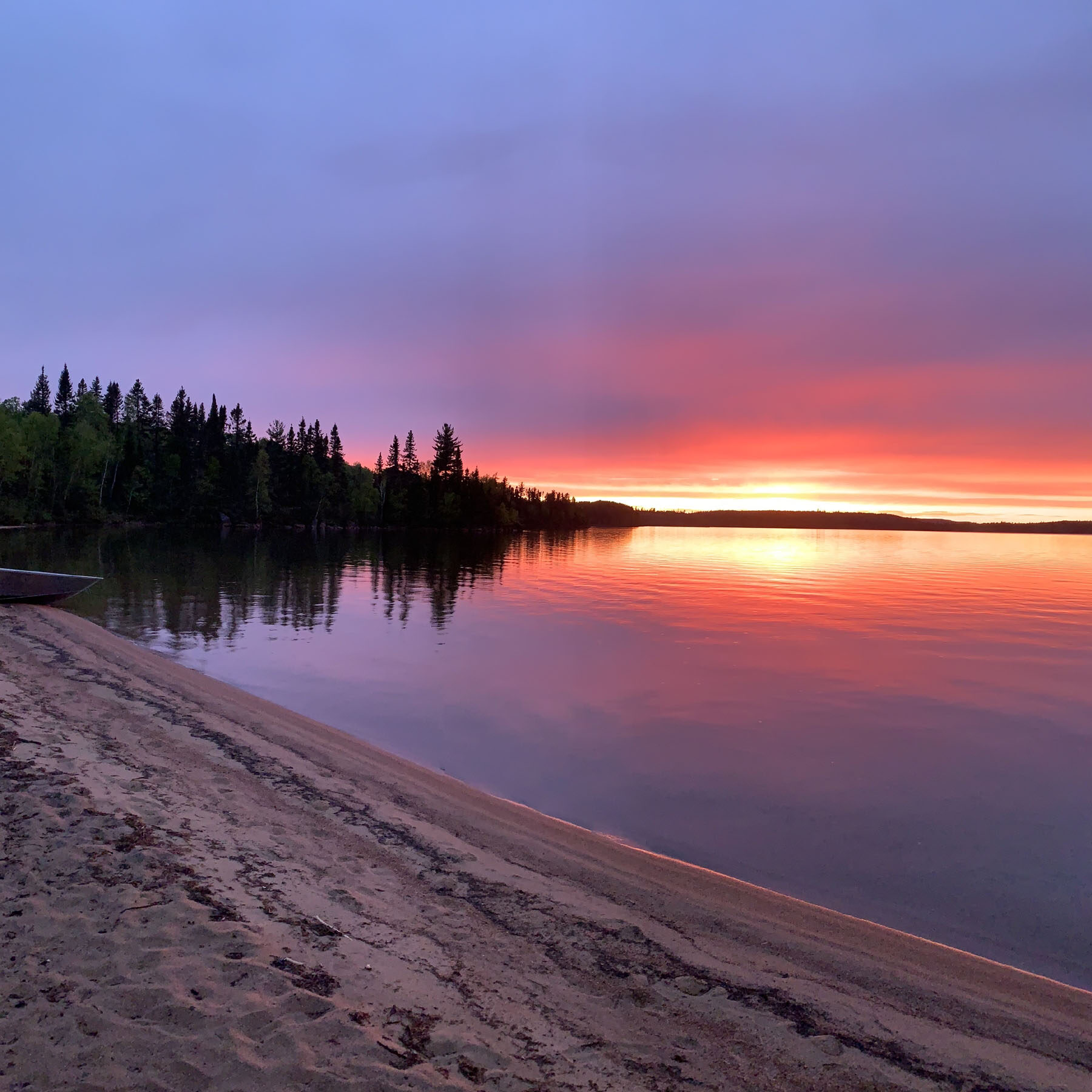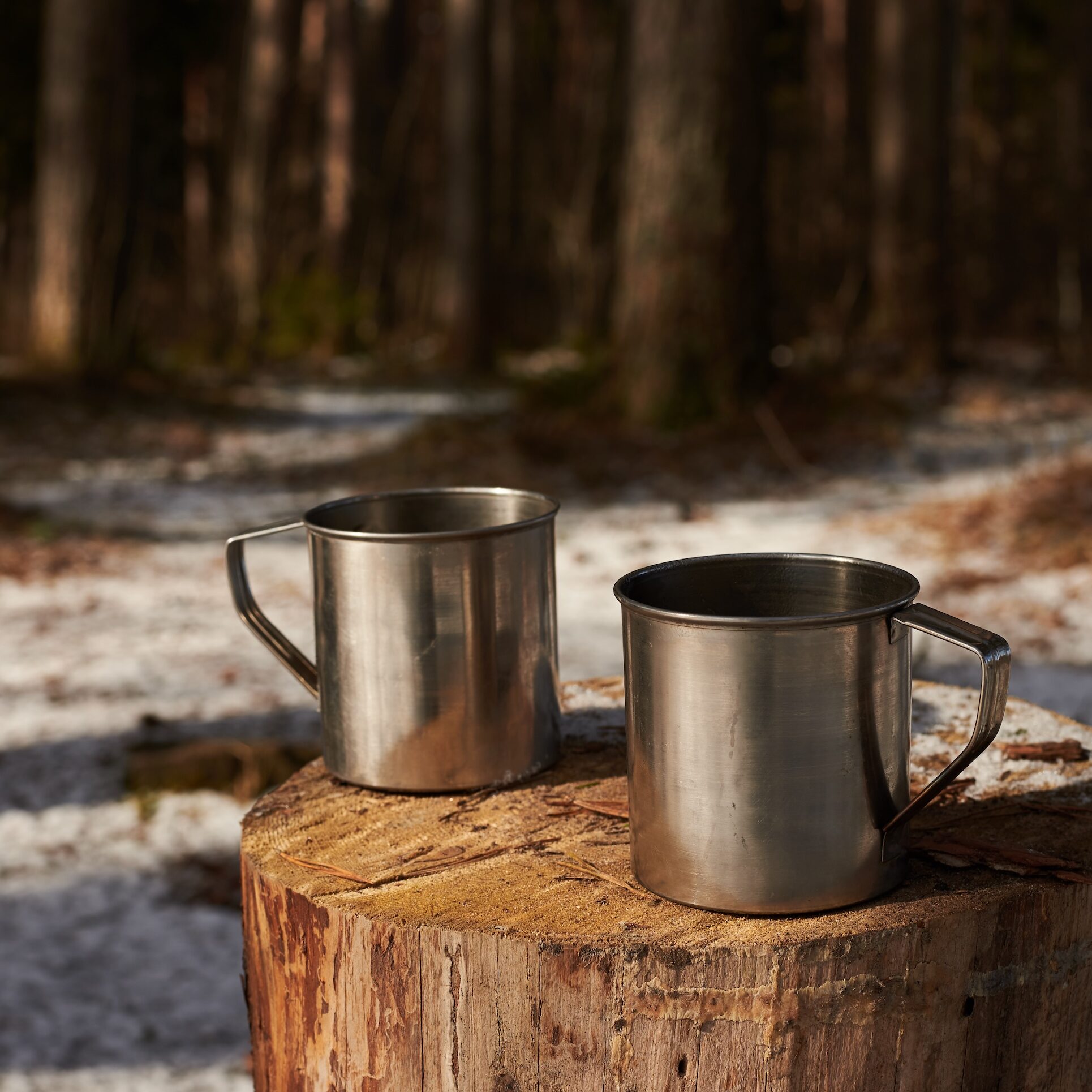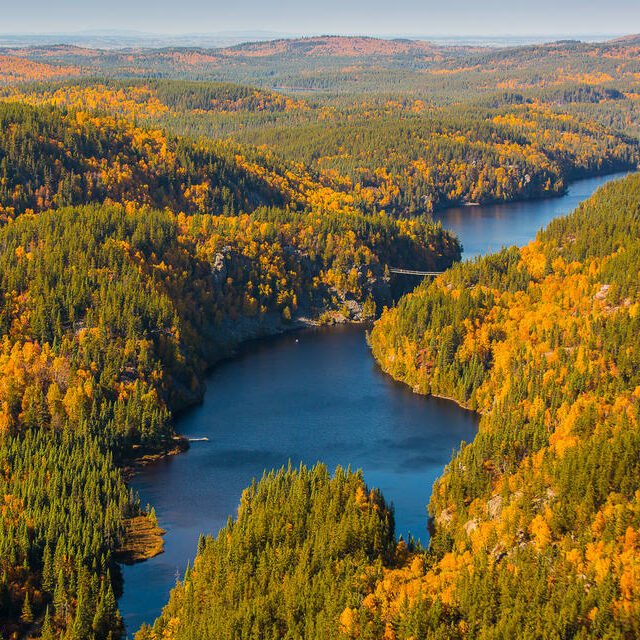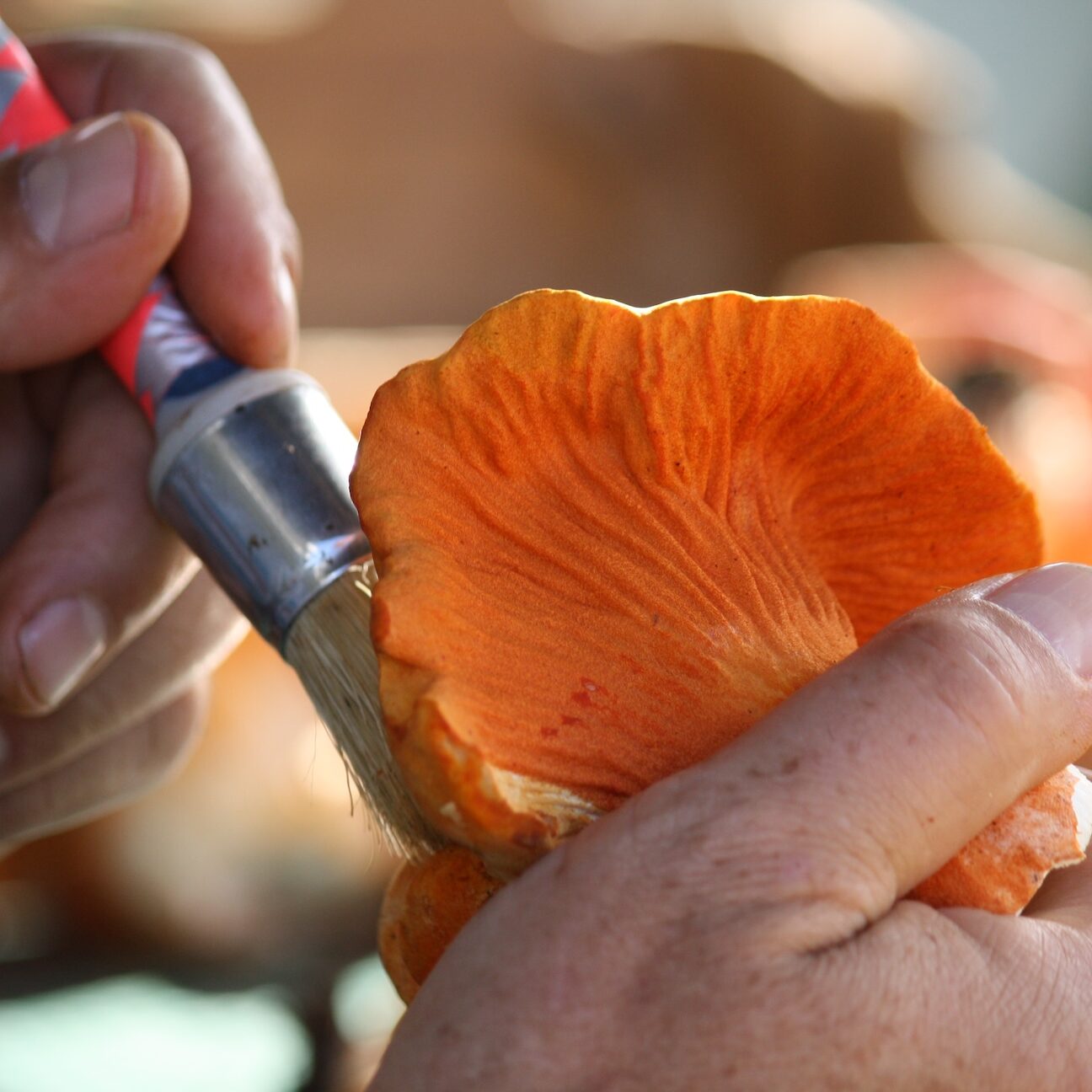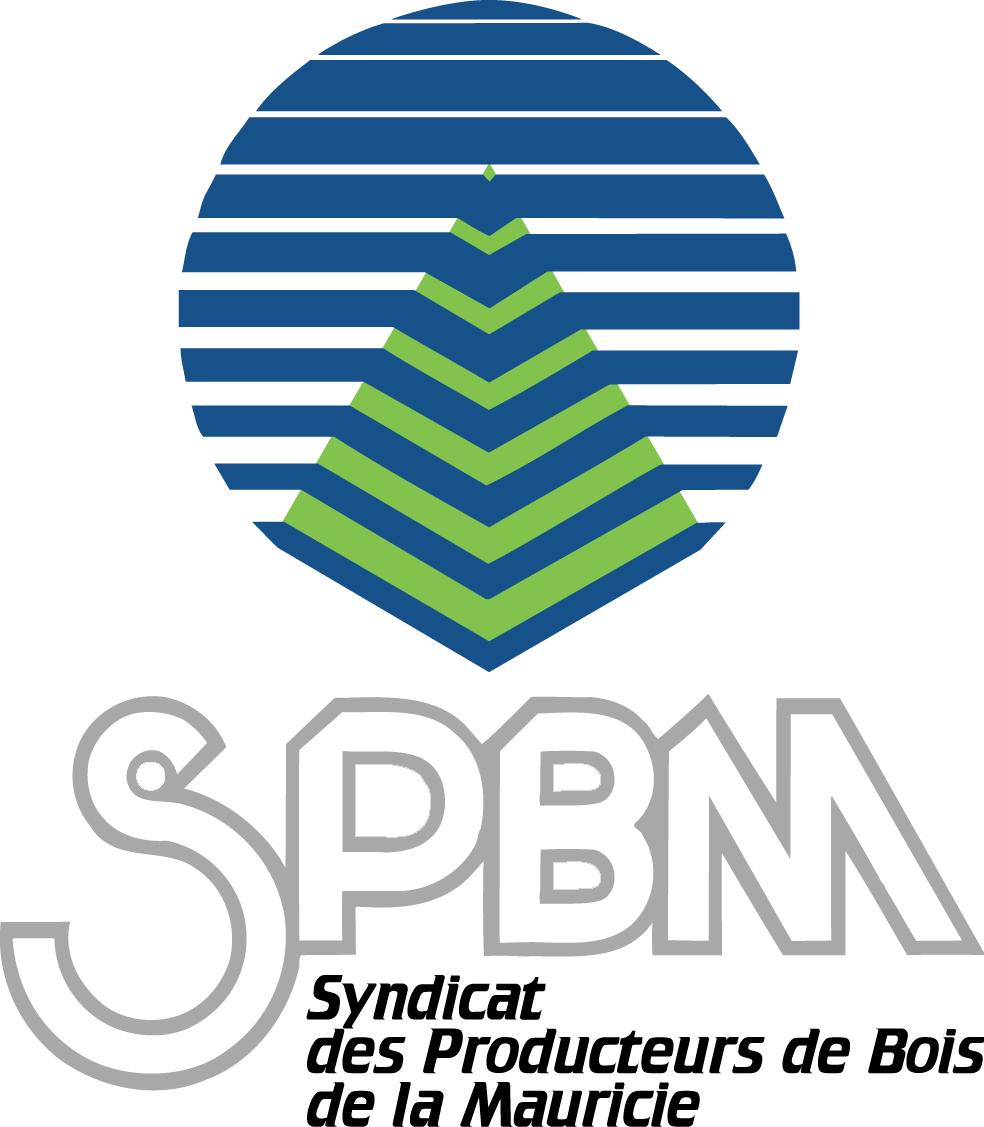View Results Again
Disclaimer
The information, photos, and guidance found on this website are provided for informational purposes only and must never replace the advice of a professional mycologist for mushroom identification. Only proper training or expert confirmation by a mycologist can allow you to safely identify wild mushrooms. When in doubt, a forager should always refrain from consuming any unknown specimen.
For Your Health – PRECAUTIONS WITH WILD MUSHROOMS (French)
Poison Control Center
If a toxic product is swallowed:
- Do not induce vomiting.
- Do not attempt to neutralize the product – milk is not an antidote.
- Rinse and clean the mouth.
- Call the Quebec Poison Control Center immediately:
📞 1-800-463-5060
Toll-free phone service (24/7).
What is acute poisoning?
Acute poisoning refers to a single or repeated exposure over a short period of time involving a child or adult who:
- Swallows a hazardous product: chemicals, incorrect medication doses, drugs, toxic mushrooms, spoiled foods, etc.
- Gets a dangerous product in the eyes or on the skin.
- Inhales vapors from a toxic product.
IMPORTANT: If the person is not breathing or is unconscious, call 911.
Cooking
When consuming wild mushrooms for the first time, or trying a new species, it is strongly recommended to eat only a small quantity to test for any intolerance or allergy. Also note: all wild mushrooms must be cooked before consumption. The authors and publisher of this website cannot be held responsible for any misidentification leading to mushroom consumption.
Always consult a professional mycologist to ensure correct identification of any species you intend to eat. Also remember: mushrooms stored in poor conditions — whose flesh is dead or decomposing — can be unsafe to eat, just like any spoiled or degraded food, and may lead to food poisoning or other health issues.
IMPORTANT: Never eat raw mushrooms.
Dehydrated Mushrooms
The vast majority of dehydrated mushrooms sold in our markets are imported from abroad and repackaged in Quebec. Often, there is no traceability. With the exception of easily recognizable species like morels, it is very difficult to know exactly what kind of mushroom you’re buying. These products are responsible for a number of poisonings. The main reason behind these imports is low cost. It takes approximately 12 kg of fresh mushrooms to produce 1 kg of dehydrated mushrooms. If 1 kg of fresh mushrooms sells for $30.00, the equivalent cost for raw material is $360.00/kg, not including slicing, drying, packaging, and marketing expenses.
To purchase Quebec-grown dehydrated mushrooms, expect a higher price and make sure to deal with a reputable and conscientious local processor.
For Your Health – MUSHROOMS ON THE MARKET (French)
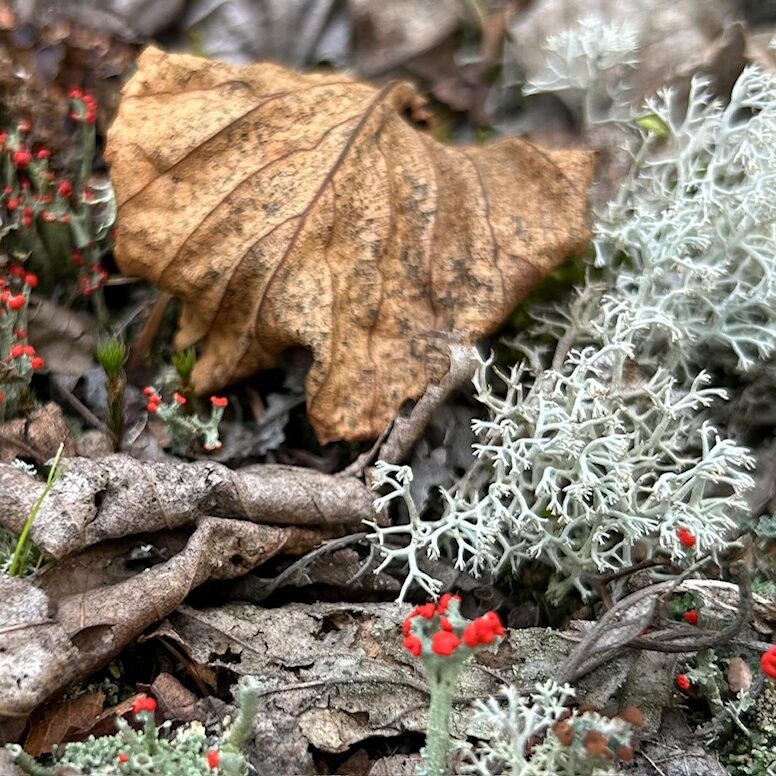
History
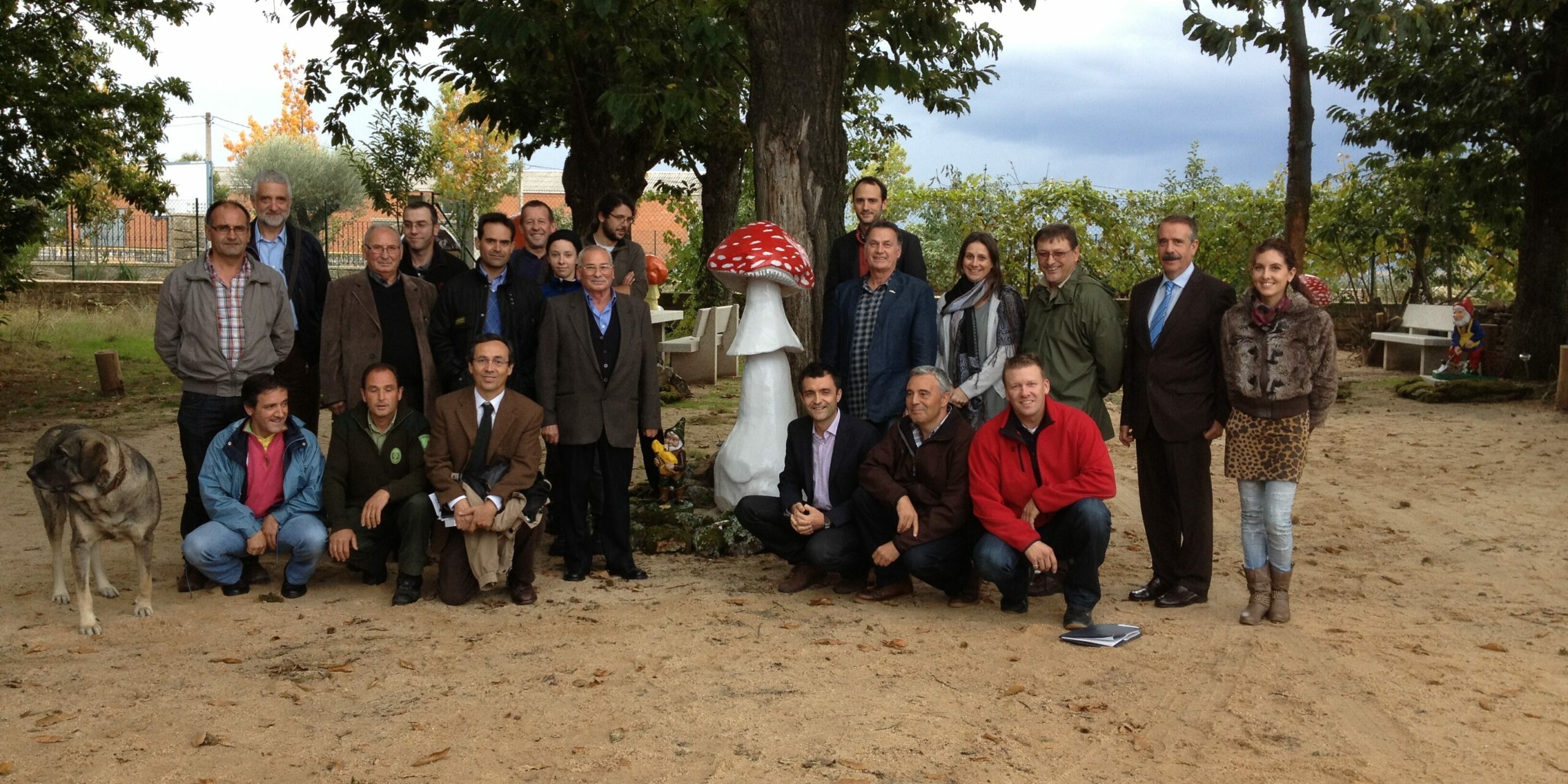 © Patrick Lupien
© Patrick Lupien 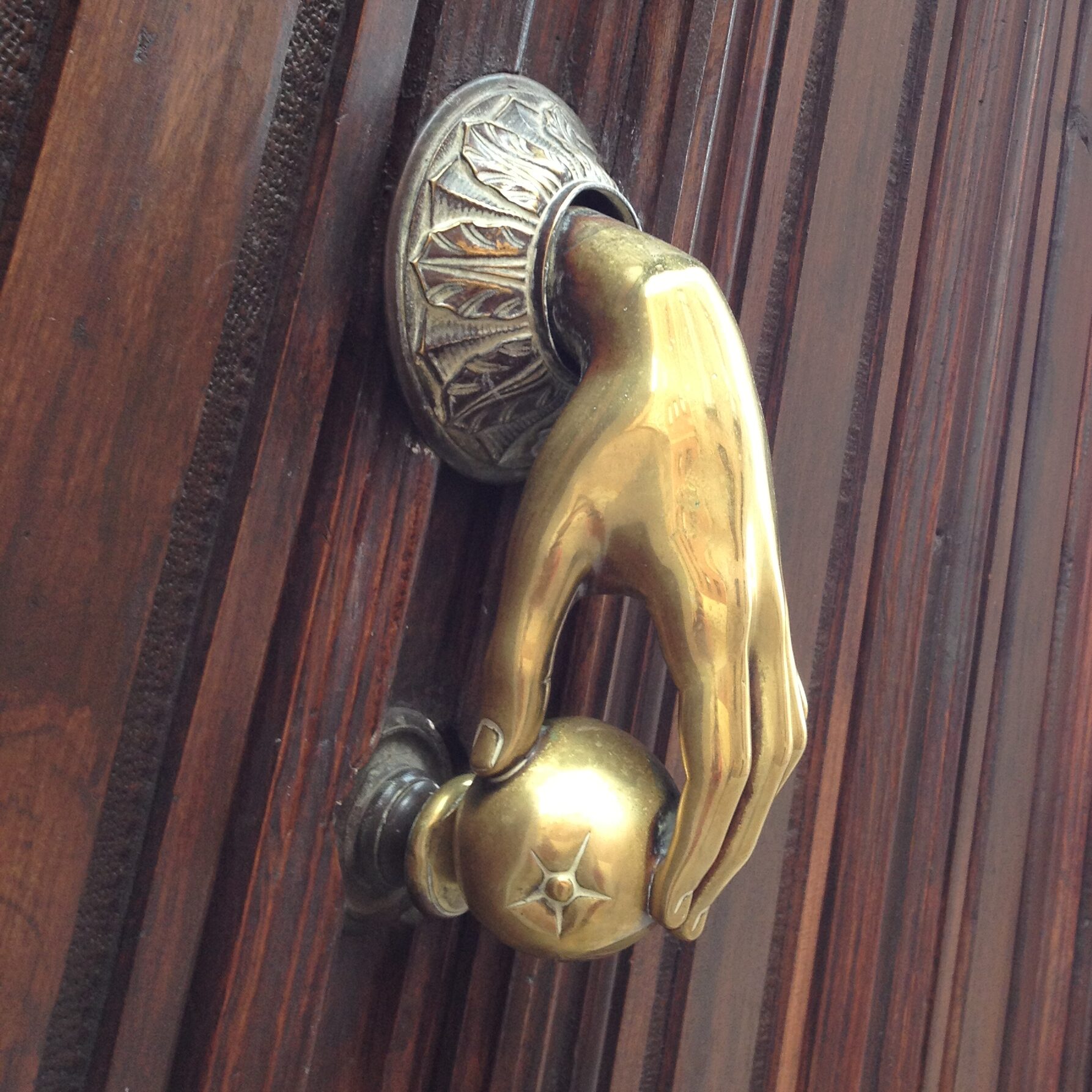 © Patrick Lupien
© Patrick Lupien 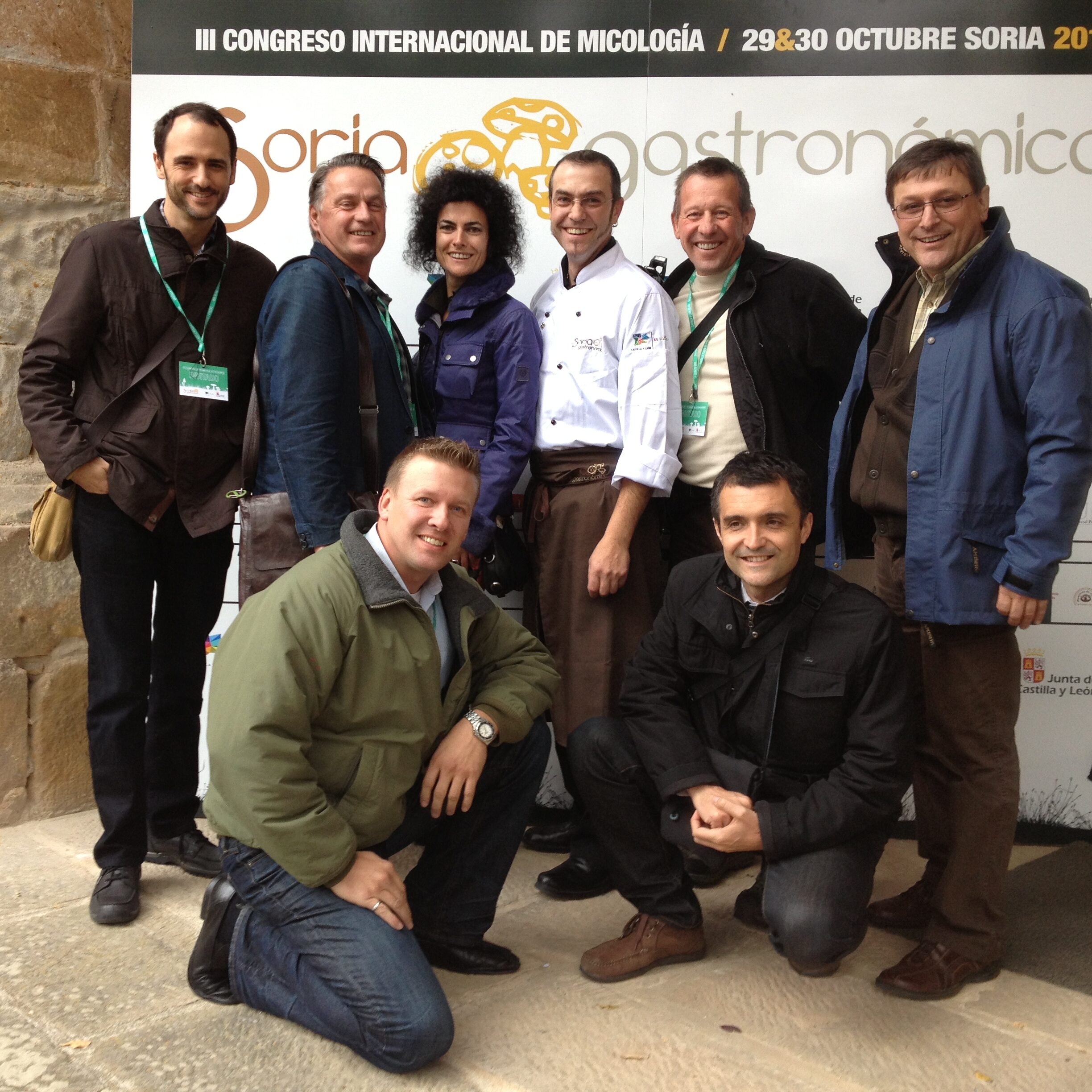 © Patrick Lupien
© Patrick Lupien 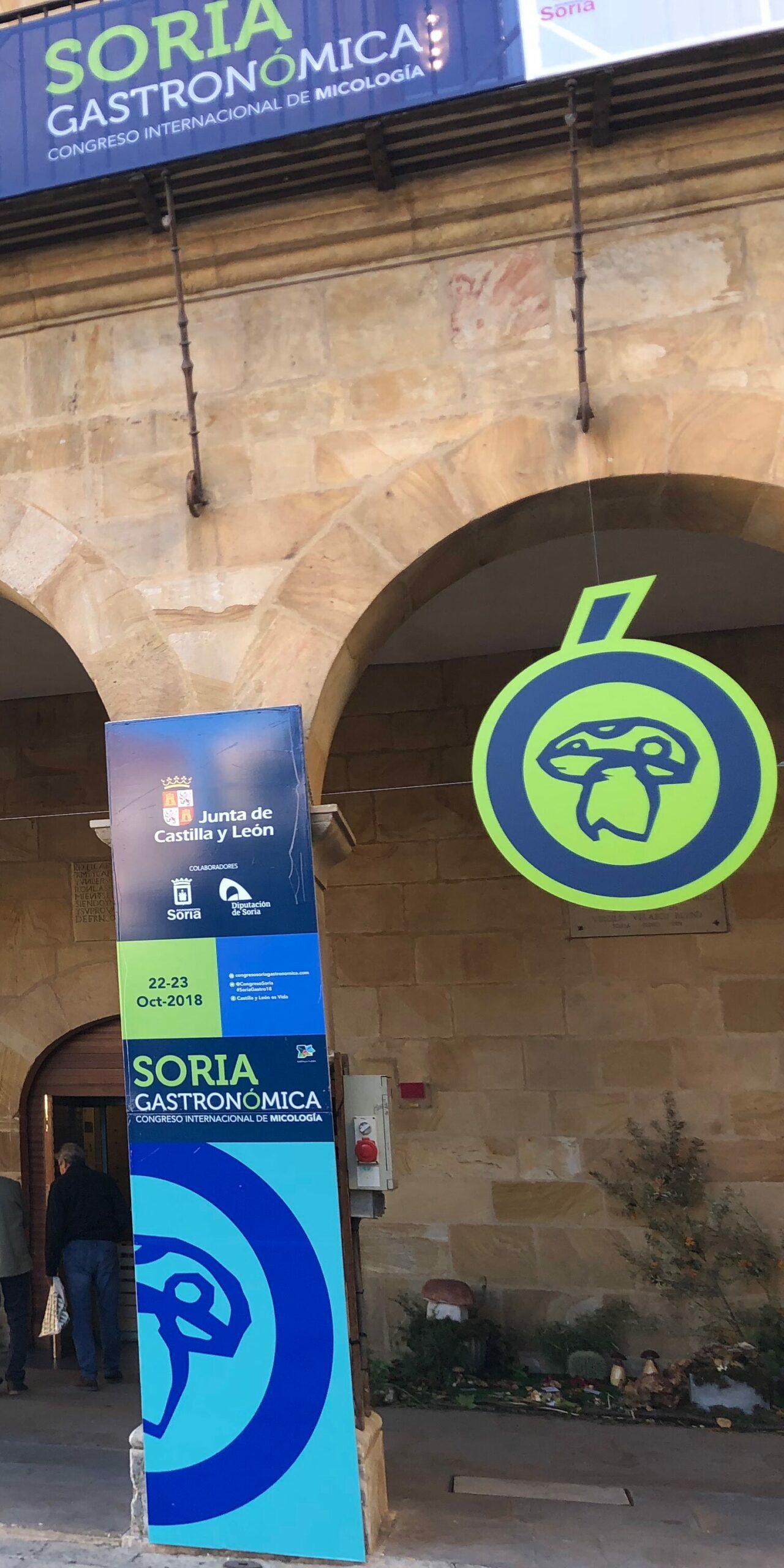 © Patrick Lupien
© Patrick Lupien 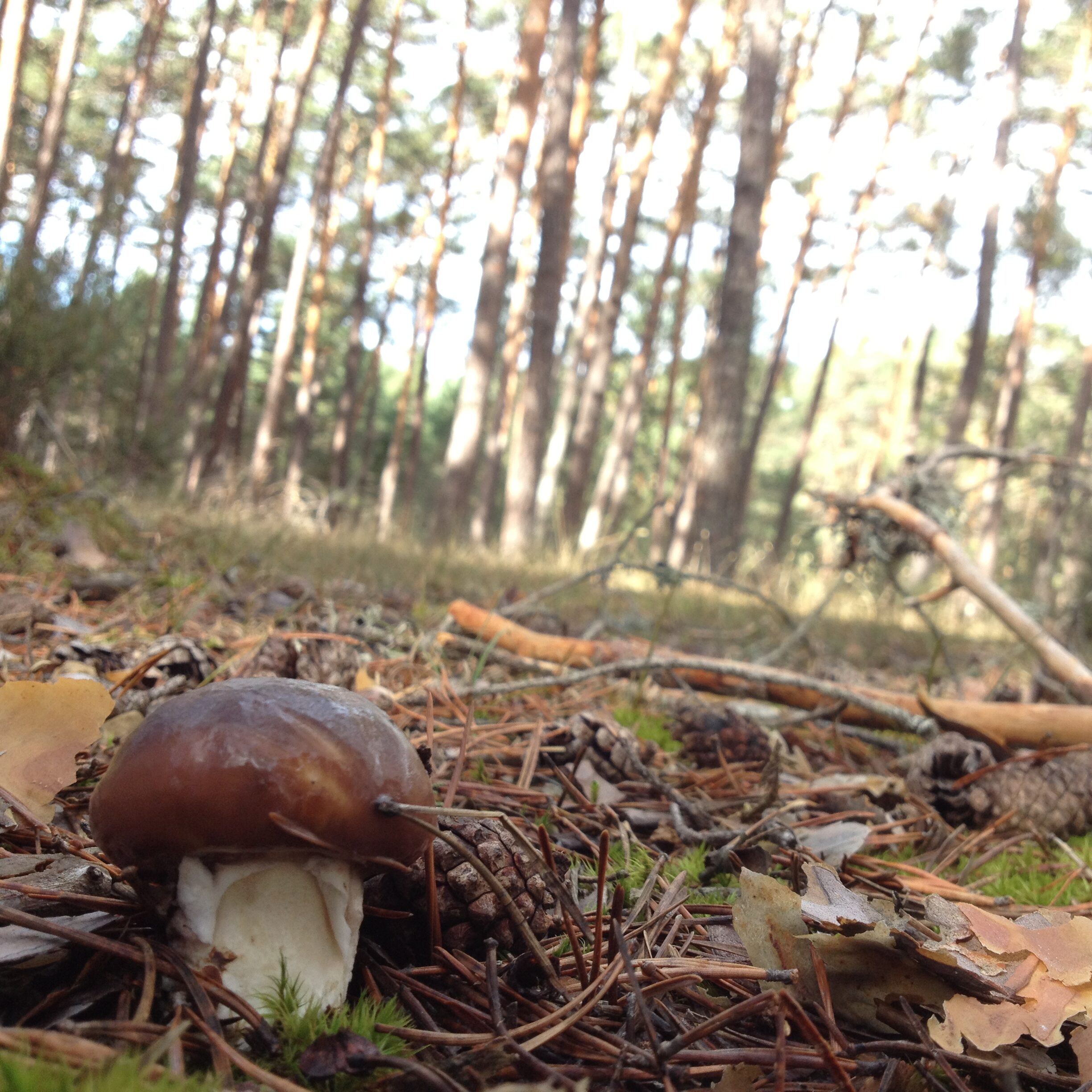 © Patrick Lupien
© Patrick Lupien 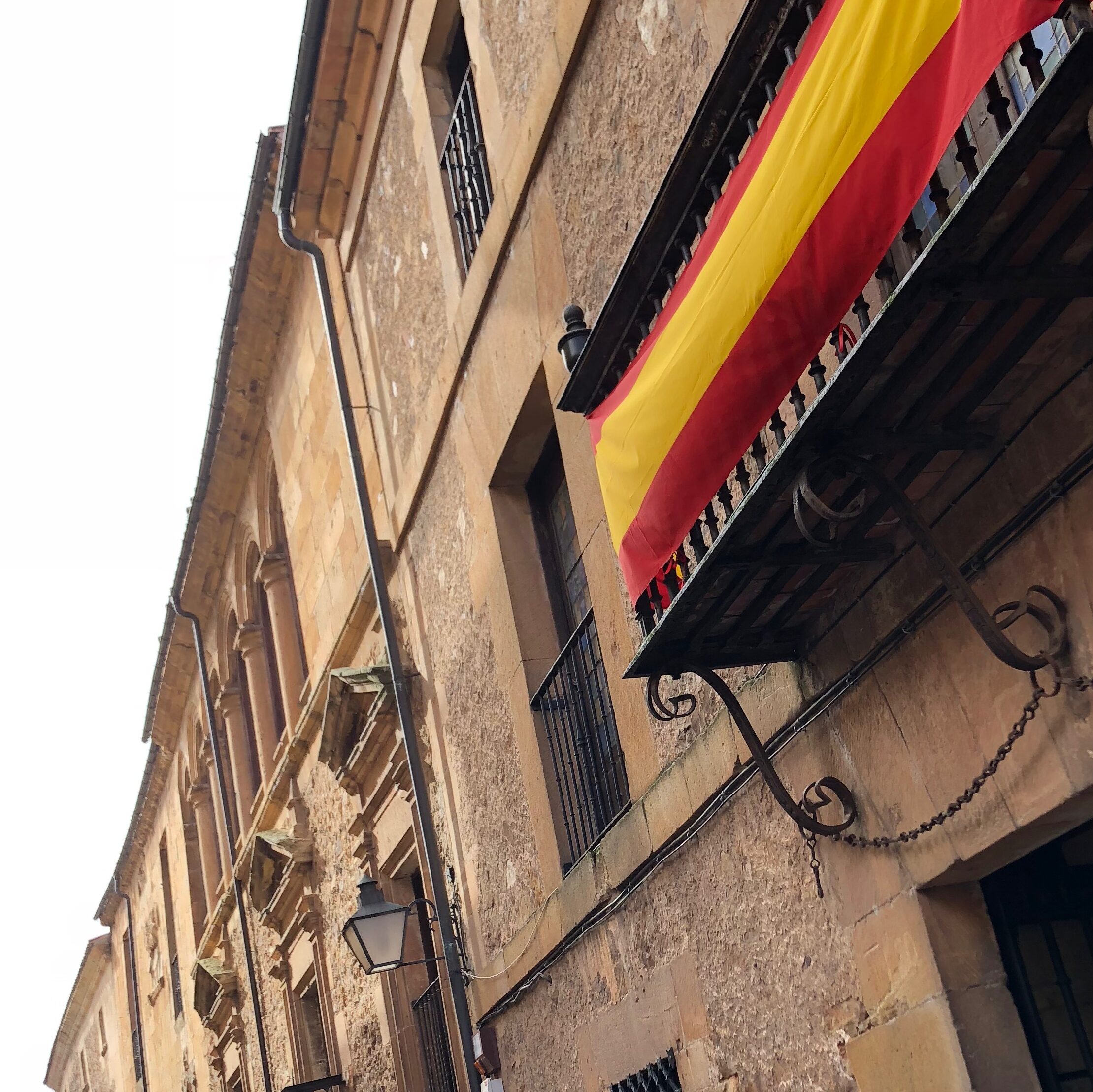 © Patrick Lupien
© Patrick Lupien Boldness
It was in 2009–2010 that the Syndicat des producteurs de bois de la Mauricie (SPBM) conducted a comprehensive study on the potential of non-timber forest products (NTFPs) in the region. This study was carried out with the financial partnership of 14 local organizations. Then, in 2012, the SPBM presented, for the first time in the Plan de développement de l’Agriculture et de l’Agroalimentaire de la Mauricie (PDAAM), a request for financial support to establish coordination among the various sectors involved in promoting forest mushrooms.
Conviction
An innovative project that breaks new ground, the SPBM was granted only part of the financial assistance requested. However, with the help of private funding, it was enough to carry out a series of training courses related to forest mushrooms and, more importantly, to organize a commercial mission to the Castilla y León region in Spain.
This 10-day economic mission, which included six experts from the fields of gastronomy, tourism, processing, education, the economy, and forestry, profoundly changed decision-makers’ understanding of the SPBM’s project in the region. It also paved the way for the region’s aspirations to become a leader in mycology in Québec.
Deployment
It was in 2014, after developing solid concepts and a comprehensive action plan, that the SPBM secured financial support from the PDAAM to create a full-time coordination position for the Filière.
Since spring 2014, the Filière has been working with local stakeholders to establish three five-year plans focused on promoting forest mushrooms and forest edibles in the region, as well as implementing numerous projects whose benefits help create an environment of opportunities for the sector.
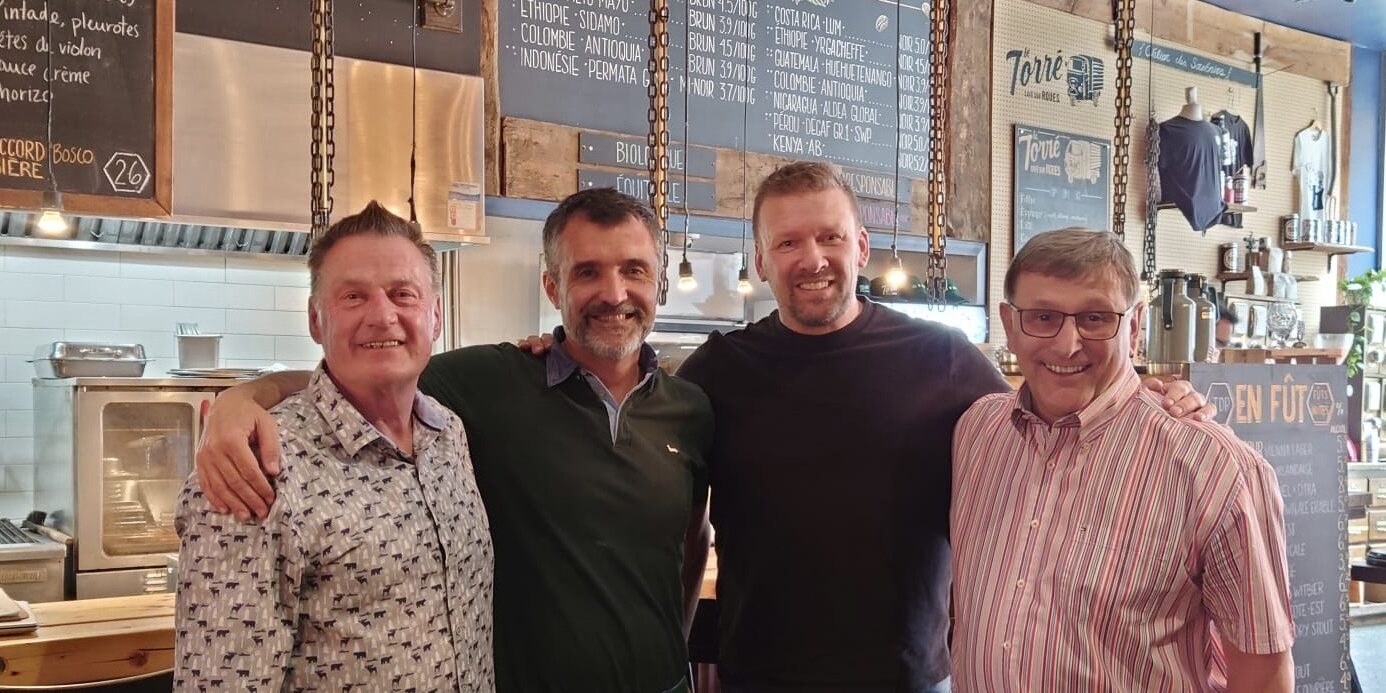 © Patrick Lupien
© Patrick Lupien 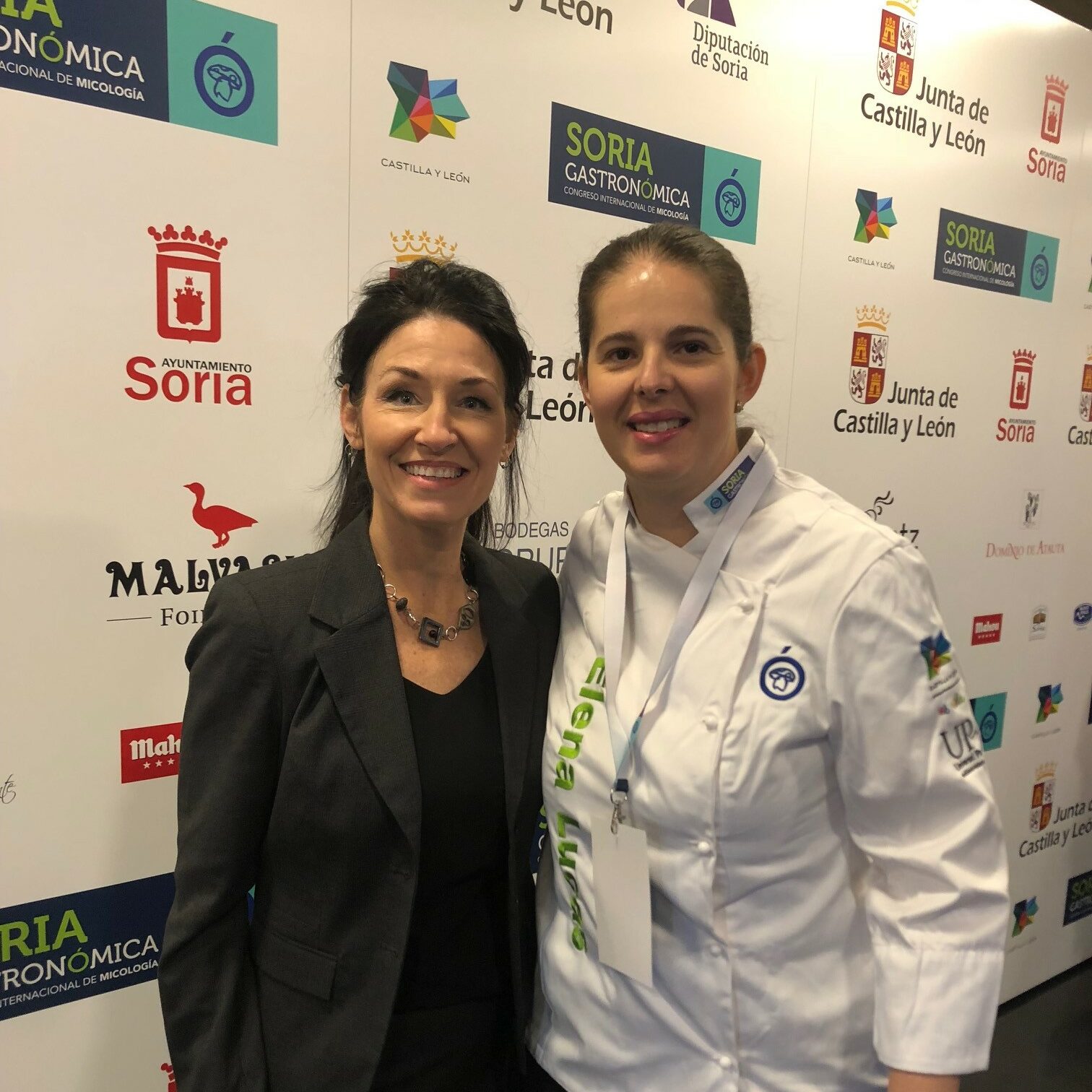 © Patrick Lupien
© Patrick Lupien 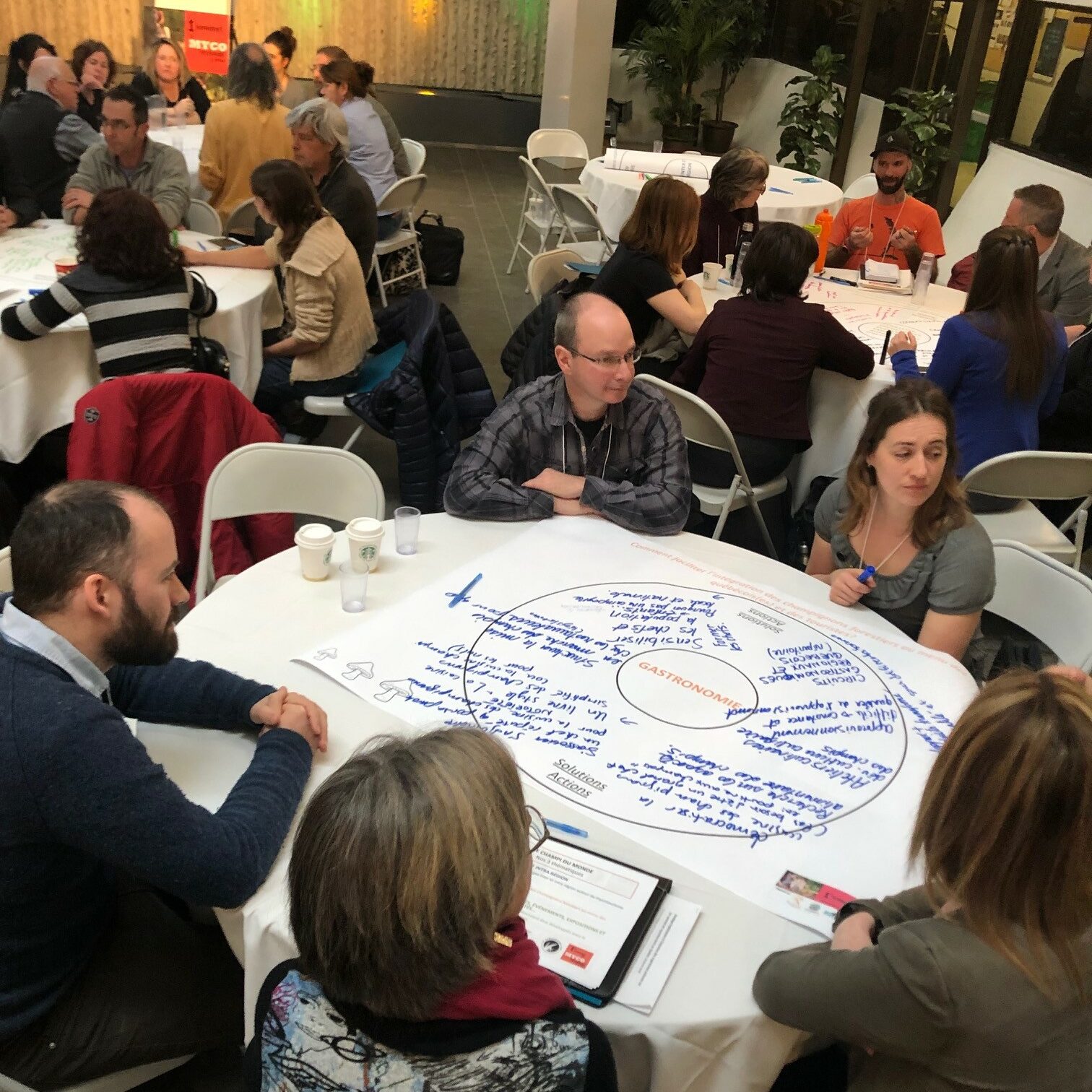 © Patrick Lupien
© Patrick Lupien 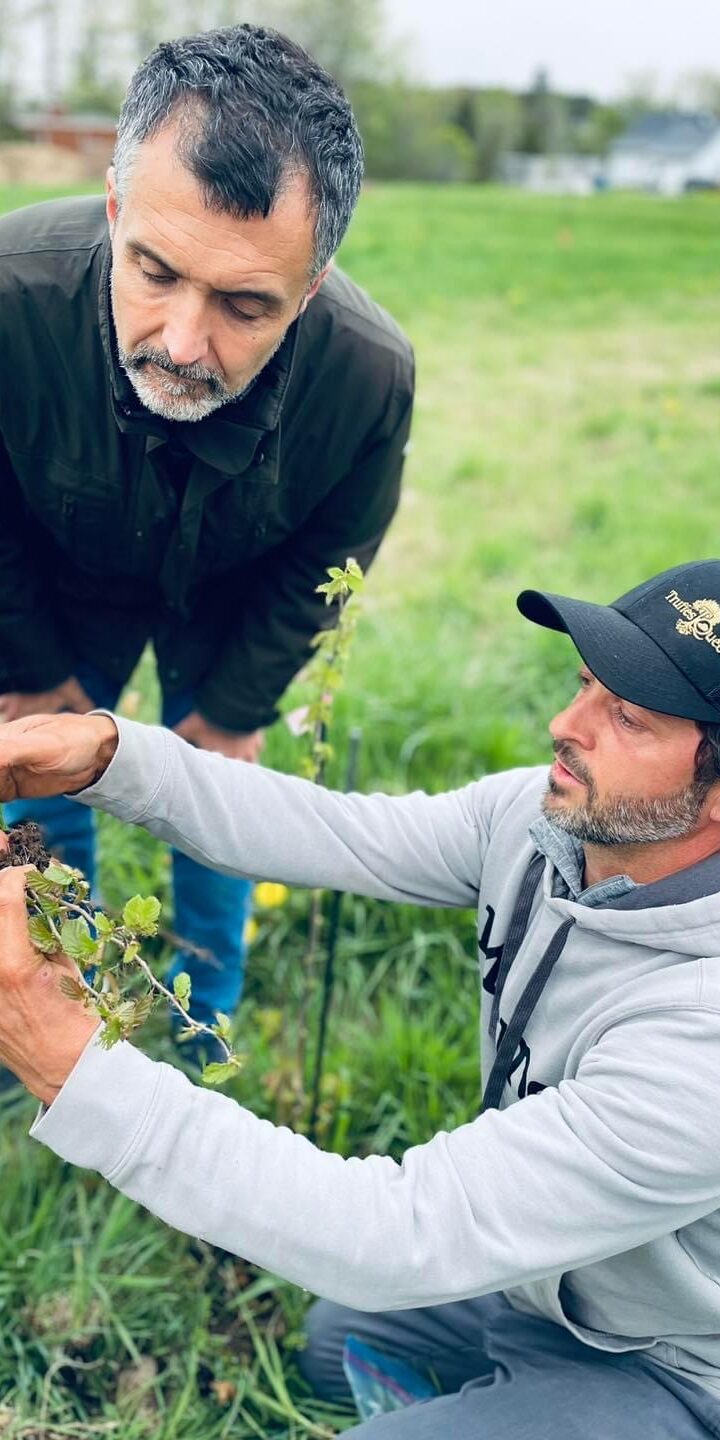 © Patrick Lupien
© Patrick Lupien 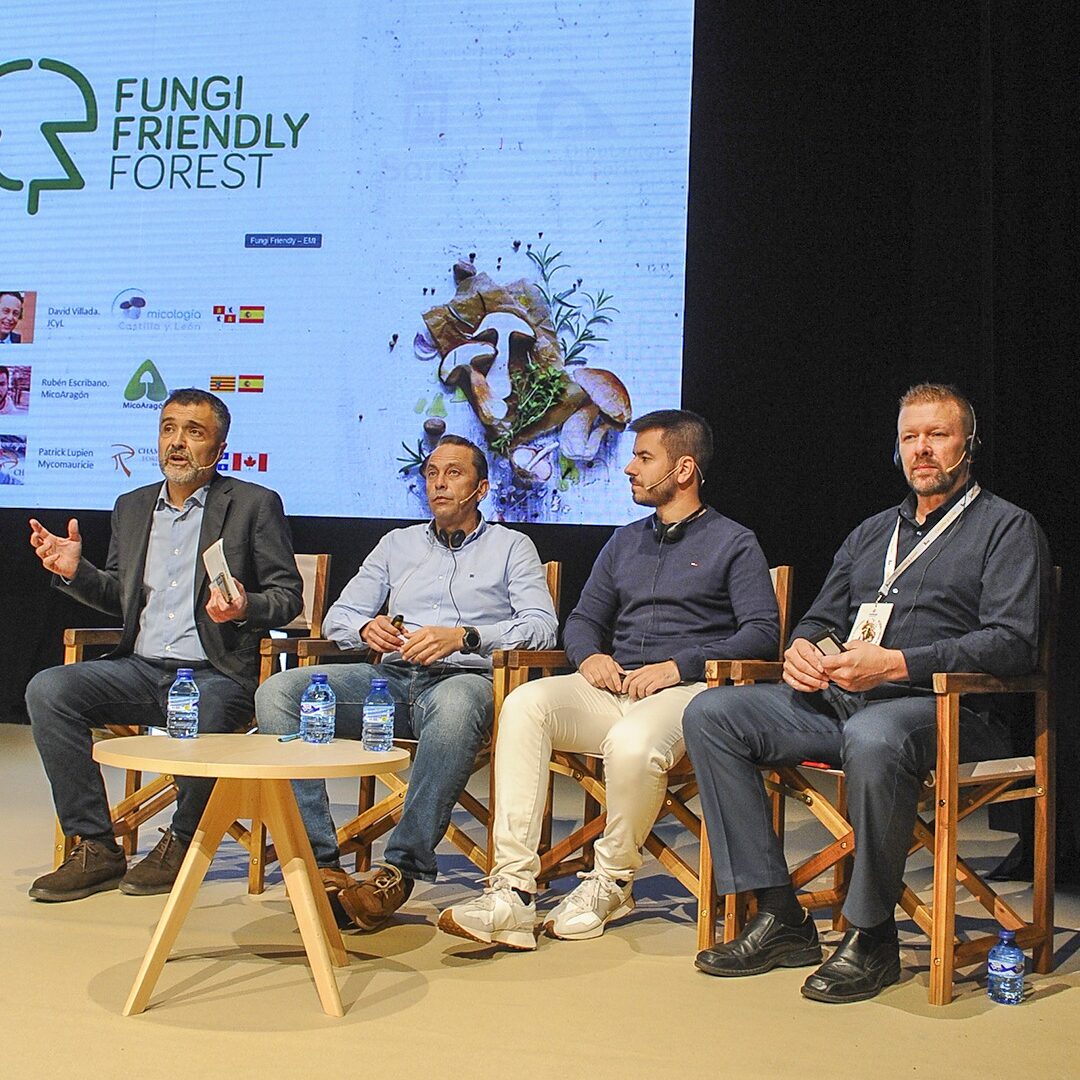 © Soria Gastronomica
© Soria Gastronomica 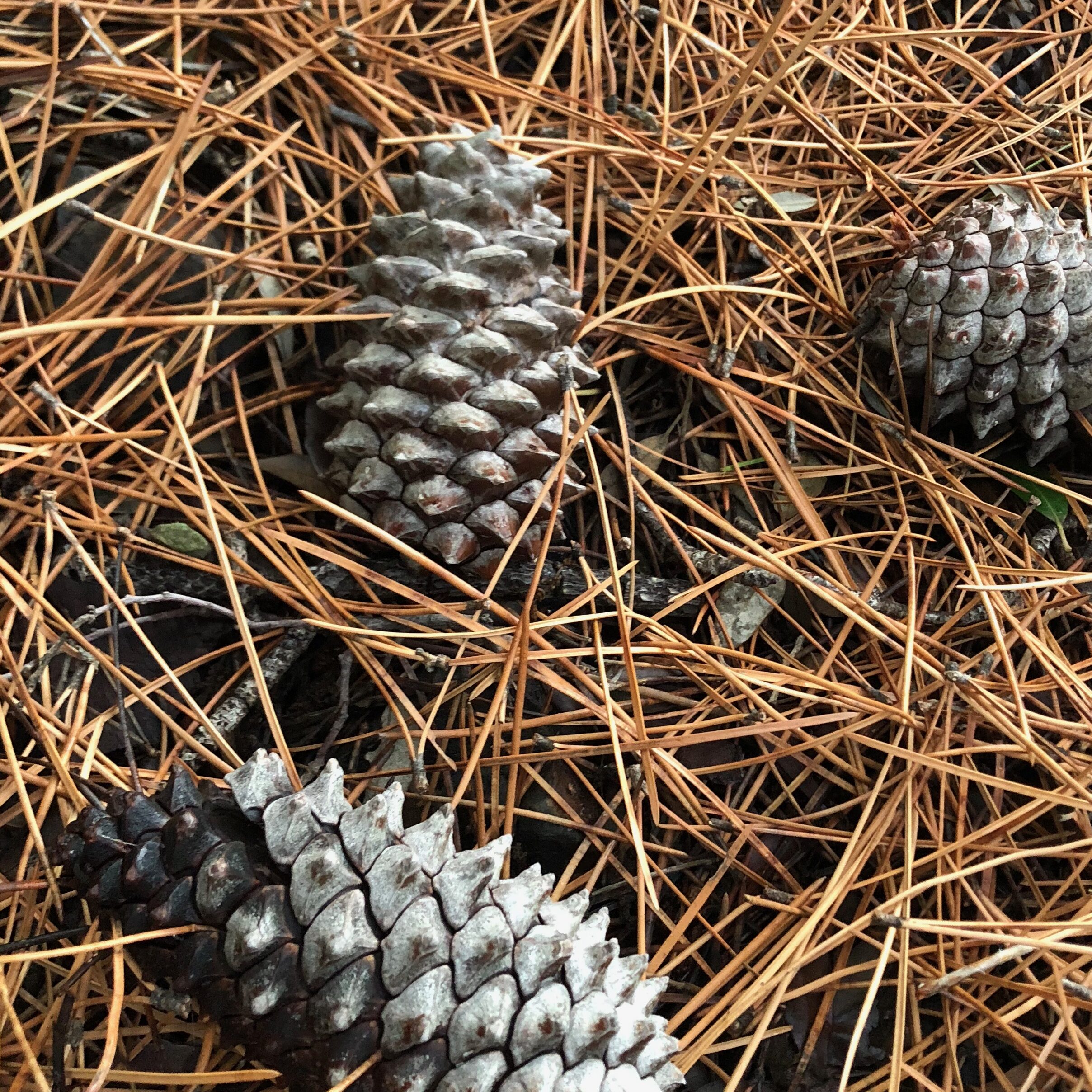 © Patrick Lupien
© Patrick Lupien 
